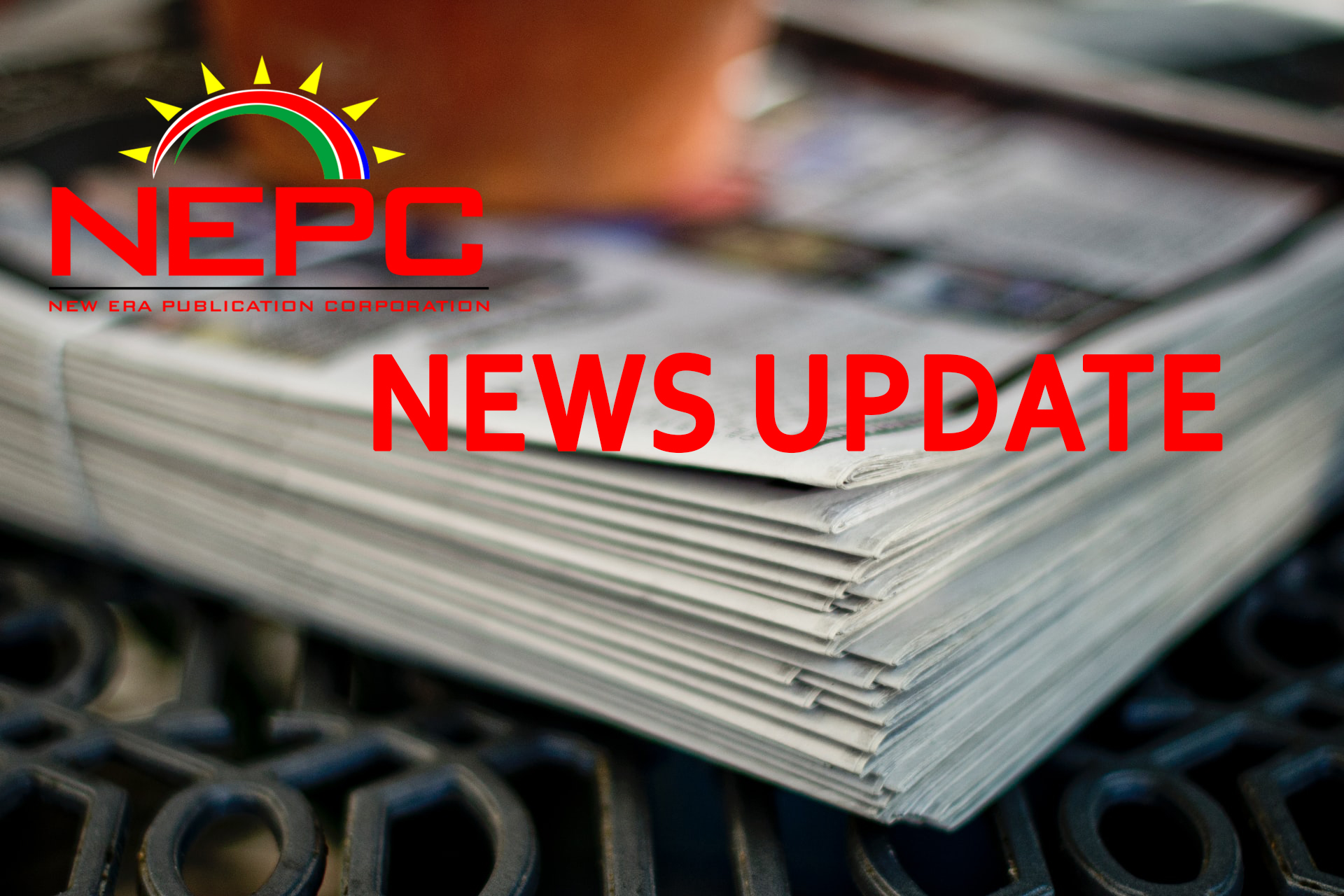Ned Sibeya
The Land of the Brave needs to step it up if it is to recover as a nation. Socio-economically Namibia took a battering due to the Covid-19 pandemic, especially upsetting after the progress made over the last three decades.
Yes, most of the gains (social, economic, infrastructural, etc.) that were achieved by Namibia over the years, were eroded by the pandemic, setting the country a few steps back, but on a positive note, the situation encouraged organisations to embrace the Fourth Industrial Revolution. This Fourth Industrial Revolution (4IR) is about more than just technology-driven change, but an opportunity to help everyone to harness converging technologies in order to create an inclusive, human-centred future.
During this Covid period, Namibia’s mass employment-generating sectors of; agriculture, tourism, hospitality and aviation, construction and retail, and trade, which had already been previously affected by the drought suffered again.
Namibia’s government is therefore redoubling its focus in areas that matter most to Namibians, such as job creation, poverty eradication, service delivery, housing provision, and youth unemployment since President Hage Geingob declared 2021 as the ‘Year of Resilience’. With financial and resource support, Namibia’s socio-economic goals will be achievable.
Currently, Namibia’s financial injection from the Development Bank of Germany (KfW) in which KfW provided refinancing for DBN’s non-agricultural small business loan scheme is set to be a major milestone as it forms an integral part of Namibia’s Ministry of Finance’s “Economic Stimulus and Relief Package to mitigate the impact of Covid-19. NPC, together with the ministries, but also organisations such as Germany’s GIZ will work together to alleviate the impact of the pandemic.
The relief measures are being used to invest in new business areas that help to strengthen the resilience of companies for future shocks. Whilst at the same time implementing and focusing on the UN’s SDGs and Namibians developmental plans in the form of NDP 5 and 6.
Looking ahead, with the ambitious activities planned and to be rolled out by National Planning Commission (NPC) in 2021 and beyond, our capacity to recover from the difficulties will be easy to navigate. Especially as the Namibian government together with developmental partners have set the roadmap for long-term prosperity.
NPC has been bestowed with the responsibility to plan, prioritise and direct national development through effective coordination, monitoring and evaluation by providing advisory services to achieve sustainable socio-economic development. As it has done successfully in the past.
This will be achieved through spearheading developmental projects with the various partners. Enabling the upliftment of the country and doing so whilst engaging, encouraging and informing Namibians to be part of the activities that will allow 2021 to be the Year of Resilience.
Notably, the President in his Harambee Prosperity Plan II released in April 2021, said the country’s economic recovery is set to be led by pursuing three key goals. The goals will firstly include, the updating of the national fixed asset register; secondly, the completion of the State-Owned Enterprises (SOEs) reform process, and thirdly, the implementation and seeding of a Sovereign Wealth Fund to better steward natural and public resources.
While these goals cover some of the United Nations’ Sustainable Development Goals (SDGs), Namibia’s road to recovery also lies in the conformation to vaccination rollout programmes. This is key to preventive intervention that can be applied to curb the Covid-19 transmission and get the economy back on its feet. It is the only way to truly open up the economy.
Furthermore, the health sector and the associated business affected by the crippling effects of the pandemic will benefit also from the recently approved International Monetary Fund (IMF) loan of US$271 million. This will address the fiscal financing needs for a robust and continued Covid-19 response in Namibia.
David Osborne, the American author said, “it is not the mighty nor the swift that survives, but those who adapt to the current situation”, hence the need to adapt is of utmost importance.
As a middle-income country designing strategic crisis response plans to mobilise swiftly, stabilise business operations and respond effectively to the shock waves of disruption should be prioritised to build organisational resilience. The past year has underscored that the challenge of crisis management is not about predicting the future but dealing with the unpredictable. Businesses must focus on building a foundation of resilience to weather whatever comes next.
*Ned Sibeya is Deputy Chief: National Development Advice/Director in the Directorate Development Partners Coordination in the Department of Monitoring and Evaluation of the National Planning Commission.


